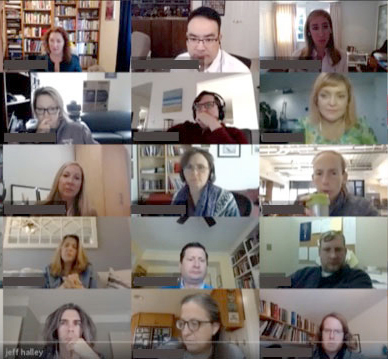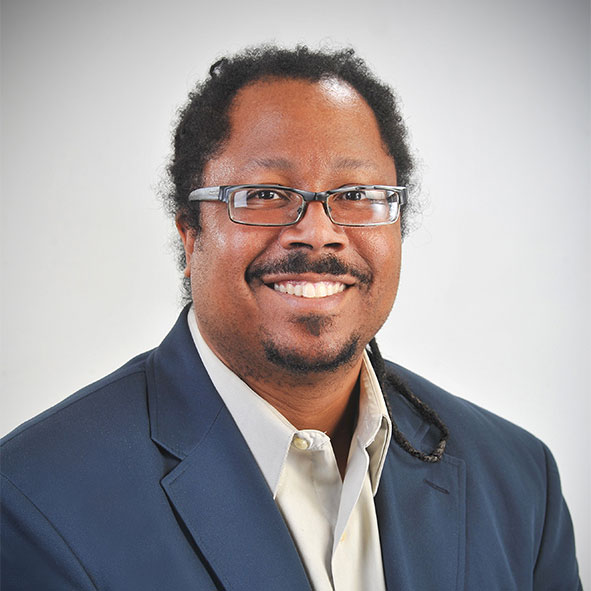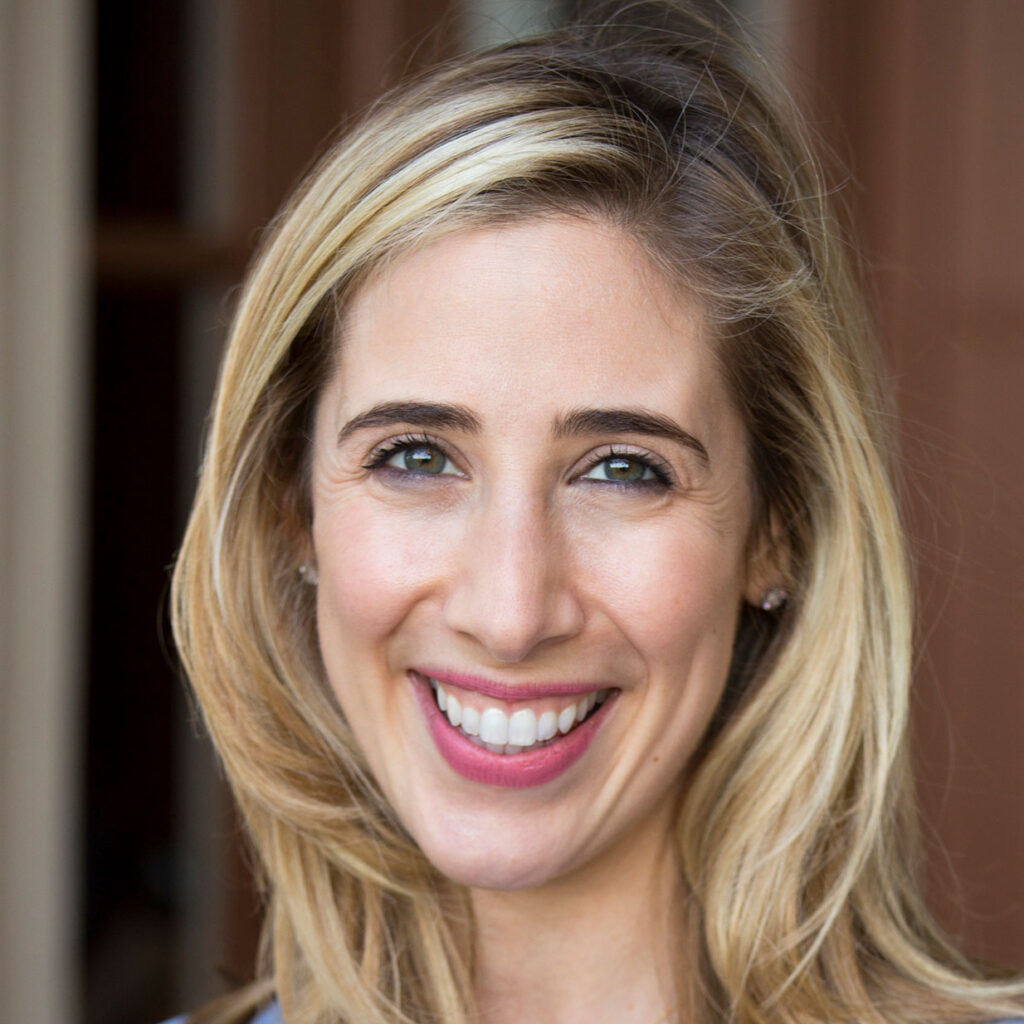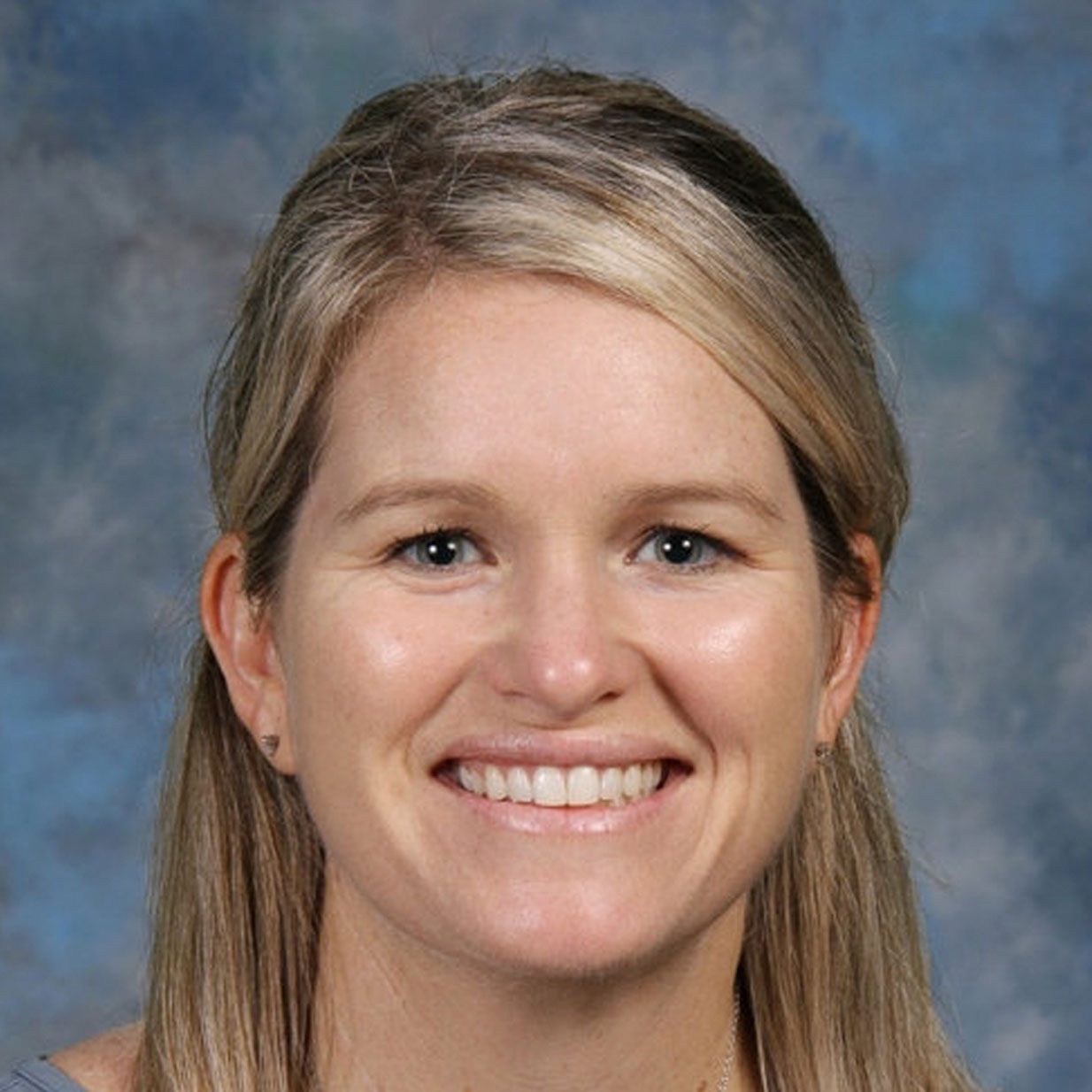MSON 2020 Workshop
Session 1: June 22, 24, 26, 2020
Session 2: June 29-30, July 1, 2020
Since 2013, the Malone Schools Online Network has gathered independent school teachers from across the country to build online courses that honor their own craft as educators. These real-time classes value meaningful relationships, classroom community, and academic rigor.
Since the onset of COVID-19, MSON has helped schools across the globe transition to online learning, emphasizing the role of the real-time classes for connection and community. Now, many of our schools have an opportunity to engage in thoughtful planning for a school year that will likely involve online learning.
For the first time, the MSON Annual Workshop is open to all educators.
JOIN US
for an intensive three-day professional development experience that will arm high-school and middle-school teachers in all disciplines with the tools to reflect on their experience teaching remotely this spring and plan to improve their online/hybrid teaching practices for the fall.

The Workshop will combine interactive large-group sessions and smaller group sessions organized by discipline, role, grade level, or specific topic of interest. Experienced MSON leadership and teachers will facilitate sessions.
The week will follow a schedule that blends asynchronous materials and synchronous class sessions. Participants will access a course page with resources compiled around key themes. On each instructional day, participants will gather at 9am PT/12pm ET for large-group sessions. Each afternoon, participants will gather again at 12pm PT/3pm ET and 1pm PT/4pm ET for smaller group sessions.
The attention to detail and enthusiasm for education shows clearly among the group; I feel honored to be here and look forward to further collaboration with everyone.
To have an opportunity to connect and grow professionally with a group of like-minded people is such a motivating experience.
Sample Schedule of Instructional Day
9-10am PT/12-1pm ET:
Community and Engagement
12-1pm PT/3-4pm ET:
Choice of: Literature Discussions Online, Facilitating Group Work, Panel of Science Teachers
1-2pm PT/4-5pm ET:
Choice of: Sample Class: “Bob Dylan’s America,” Community Outside the Classroom: Focus on Student Clubs, Hardware Setup for Hybrid Learning.
Instructional Day Course Themes and Sample Afternoon Sessions
Community and Engagement
• Facilitating Group Work
• Literature Discussions Online
• Lab Work Online
• Equity in Remote Learning
• Teaching through Conversation: Language Teachers on Community
• SEL Programming and Wellness
• Onboarding New Students Virtually
Overview: Synchronous / Asynchronous Time
• Connection in the Synchronous Classroom
• Screencasting and Other Asynchronous Creation
• Adapting a Brick and Mortar Syllabus Online
• Round Table: Visual Arts
• School Schedules for Hybrid Learning
• Building Excellent Class Pages
• Adapting Your Syllabus
Assignments and Assessment
• Assessment by Discipline
• Alternative Assessment
• Non-Screen Assignments
• Round Table: Lower School Directors
• Project Based Learning Online
• What is Assessment For?
• Standard Based Grading for Online Learning
Lead 2020 Workshop Faculty

John Aden
A former Fulbright Fellow, having conducted Dissertation Field Research in the Republic of Mali (West Africa), he is an experienced world traveler to the Republic of Mali, Senegal, Côte D’Ivoire, southern Mauritania, Turkey, the US Virgin Islands, New Zealand, and China.
A former CIC Minority Graduate Fellow, and Distinguished Teaching Fellow, Dr. Aden has taught at the collegiate and elite High School levels.
A three-time US Department of Education Foreign Language Area Studies Fellow who is fluent in Bamana, a language spoken by 25 million people in West Africa, Dr. Aden is also a former Asian Studies Development Program Fellow at the University of Hawaii – Manoa and a Beijing University China Field Seminar Fellow.
Dr. Aden makes his home in Fort Wayne, Indiana and is Coordinator of Diversity and an Instructor at the Canterbury High School, the top-ranked secondary school in the State of Indiana.
He teaches Diversity in Global Comparative Perspectives, Introduction to African History, US History, and Introduction to Chinese Philosophy, and is a certified instructor for AP World History and AP European History.

J.D. DeVaughn-Brown

Claire Goldsmith
MSON’s Executive Director since 2016, Claire helped to develop the program while in the leadership of the Stanford Online High School. During her five-year tenure there, she served as Director of Admissions and External Relations, taught history, and oversaw the school’s Malone Scholars Program. Previously, Claire taught English and French and coached debate at the Harvard-Westlake School in Los Angeles. Claire is a member of the Boards of Trustees of the Enrollment Management Association and the Winsor School, and serves on the Institute for Educational Advancement’s Caroline D. Bradley Scholarship Committee. She holds an AB from Harvard College in History and Literature and a master’s degree in Policy, Organization, and Leadership Studies from the Stanford Graduate School of Education. She studied in Paris on a Harvard fellowship at the Ecole Normale Supérieure and was a Fellow with Education Pioneers. She writes and speaks nationally on online learning, school community, and educational innovation.

Ellen Johnson
It seems hard to believe that it has now been seven years of my participation with the MSON program, but it has been an absolutely fabulous opportunity for growth and professional development. Teaching courses in Bioethics has been particularly fulfilling addition to my previous experience in post-doctoral research in Plant Genetics at UC Berkeley, “mid-career” teacher training at Mills College, and 30 years teaching high school students or high school teachers including in California and Delaware public schools, University of Delaware Secondary Science Education Program, and for the past 22 years, the International Baccalaureate program at Wilmington Friends School. As our twenty-something daughters are now based in DC or NY, life affords increasing opportunities for enjoying nature in the Brandywine Valley and projects in our rural home in Delaware.

Joyce Lazier

Josh Link
Josh completed his Ph.D. in mathematics in 2014 and, in the process, realized he loved teaching much more than doing research. He has been at Maret School in Washington, DC since then and he started teaching MSON Multivariable Calculus during the 2015-2016 school year. He learned a great deal from other MSON teachers and he particularly enjoyed the flipped nature of the synchronous classes. This experience encouraged him to flip his brick and mortar calculus classes the following year and every year since. In the summer of 2017, Josh was selected as a Desmos Fellow. He is in constant communication with other fellows and Desmos employees to help optimize their software for student learning. Josh enjoys cooking, playing games, and spending time with his wife and two daughters.

Carrie Lopez
Carrie Lopez has taught chemistry and forensic science at private college preparatory schools for nearly 20 years. She is currently a part of faculty at Trinity Preparatory School in Winter Park, FL and has taught virtually through the Malone School Online Network for five years. Her interest in Criminalistics coupled with her foundation of chemistry led her to develop a popular lab based survey course of Forensic Science focused at the high school level, which is taught both in the classroom and virtually. She holds a BS in Chemistry Education and an MS in Forensic Science, from the University of Florida.

Ben Taylor
Ben taught Modern Physics in MSON from 2015-2017. He now splits his time between his MSON Dean of Instruction role and his work as Dir. of Academic Technology at Hopkins School in New Haven, CT. After leaving the world of Experimental Condensed Matter Physics in 2003, Ben immersed himself in the world of independent school education at Hopkins. To date Ben has taught grades 8-12 in an array of physical science courses including calculus based physics and Modern Physics—courses that open minds to both structured critical thinking and staggering possibility. In that span he also served his school as coach, adviser, Head Adviser, MSON teacher, and many other administrative and student-centered roles. His focus has, since day one, been on innovating in his classroom; making big changes to his methodologies and materials always with one goal in mind: students must retain and enjoy the concepts they are taught.
To learn more about MSON’s response to Covid-19, see our Resources page!
2020 Workshop Q&A
What is the Malone Schools Online Network (MSON)?
MSON is a consortium of 24 brick and mortar independent schools and the Stanford Online High School that join forces to offer high-level electives online, enhancing the curricula at each member school. Our courses follow a set schedule, with twice-weekly live seminars that value interaction and deep relationships. All of our teachers teach at member schools, which are funded for scholarship endowments by the Malone Family Foundation. Learn more about MSON HERE (link to our homepage).
What will I get out of this professional development experience?
During the series, participants will encounter three main topics generated out of extensive feedback from schools as a result of their transition online: 1) Synchronous/Asynchronous Time, 2) Community and Engagement, and 3) Assignments and Assessments. MSON leadership and teachers in a range of disciplines will frame each topic in the morning. Later in the day, participants will engage in cohort groups by discipline and smaller sessions that apply the theme in particular contexts. Participants will have access to materials prepared by our teachers that prepare them for live sessions. The time “off”—during each instructional day or between days—is intended for participants to use to continue to reflect and work on their own planning.
Who will teach in this workshop?
How will I access the resources and conference sessions?
Why THIS online learning workshop?
We also excel at bringing students together from across the country—and educators together to grow professionally. Workshop participants will get to know one another and forge connections to those in similar positions around the country.
Because our classes have historically taken place in room systems at school, we understand the role of synchronous online learning during the school day and can speak to various ways online learning can play a role even when school buildings reopen.
Finally, our relationship with Stanford Online High School—the leading online independent school and a member of MSON—gives us perspective on how excellent online schools run, and we will cover topics such as student life online.
Who will get the most out of the MSON Annual Workshop?
High school and middle school teachers aiming to improve their online pedagogy—and to learn and practice related skills such as flipping a classroom, engaging students in multiple modes, and harnessing the power of a learning management system. Those looking to engage with teachers from across the country to share best practices and build support networks.
While the workshop is aimed mainly at high school and middle school teachers, we will offer sessions relevant to: upper-level administrators, technical directors, elementary school teachers, and more via cohort groups. Schools that purchase a Whole School Registration may send additional colleagues in those roles to one-off sessions designed for them.
We have found that teachers attending professional development from the same school community benefit from the ability to work together in a cohort and apply their learning back to their home contexts.
Can I send my entire faculty?
While we encourage cohorts from the same school to attend together, we regret that we cannot accommodate more than 10 participants from one school. We value the synchronous experience and aim for small, interactive sessions. MSON member schools may request customized version of the Workshop experience. Other schools may CONTACT US with other requests for boutique professional development offerings.
I’m an elementary school teacher. Is this for me?
Still have questions? Contact us. We’d love to help.
Pricing
$200
Individual Registration
Includes access to all asynchronous resources and all live sessions
$1000
Whole School Registration
Includes up to 10 participants from the school, access to all asynchronous resources, and all live sessions. Additionally, schools may register, free of charge, other individuals to access specific afternoon sessions based on interest, e.g. sending a Lower School Director to a round-table on elementary school teaching online.
